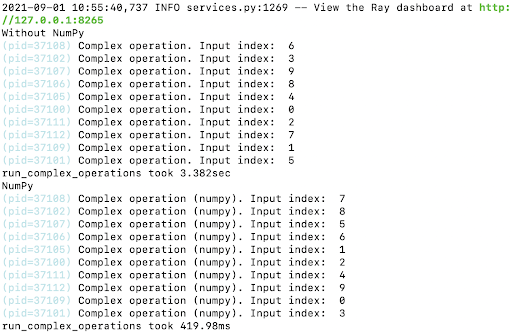A 100x speedup with unsafe Python
We're going to speed up some numpy code by 100x using "unsafe Python." Which is not quite the same as unsafe Rust, but it's a bit similar, and I'm not sure what else to call it... you'll see. It's not something you'd use in most Python code, but it's handy on occasion, and I think it shows "the nature of Python” from an interesting angle.
(Is pygame the way to go today? I'm not the guy to ask; to its credit, it has a very simple screen / mouse / keyboard APIs, and is quite portable because it's built on top of SDL. It runs on the major desktop platforms, and with a bit of fiddling, you can run it on Android using Buildozer. In any case, pygame is just one real-life example where a problem arises that "unsafe Python" can solve.)
Let us furthermore assume that you're resizing images a lot, so you want to optimize this. And so you discover the somewhat unsurprising fact that OpenCV's resizing is faster than pygame's, as measured by the following simple microbenchmark:
Tempted by the nice 13x speedup reported by the mircobenchmark, you go back to your game, and use pygame.surfarray.pixels3d to get zero-copy access to the pixels as a numpy array. Full of hope, you pass this array to cv2.resize, and observe that everything got much slower. Dammit! "Caching," you think, "or something. Never trust a mircobenchmark!"


























